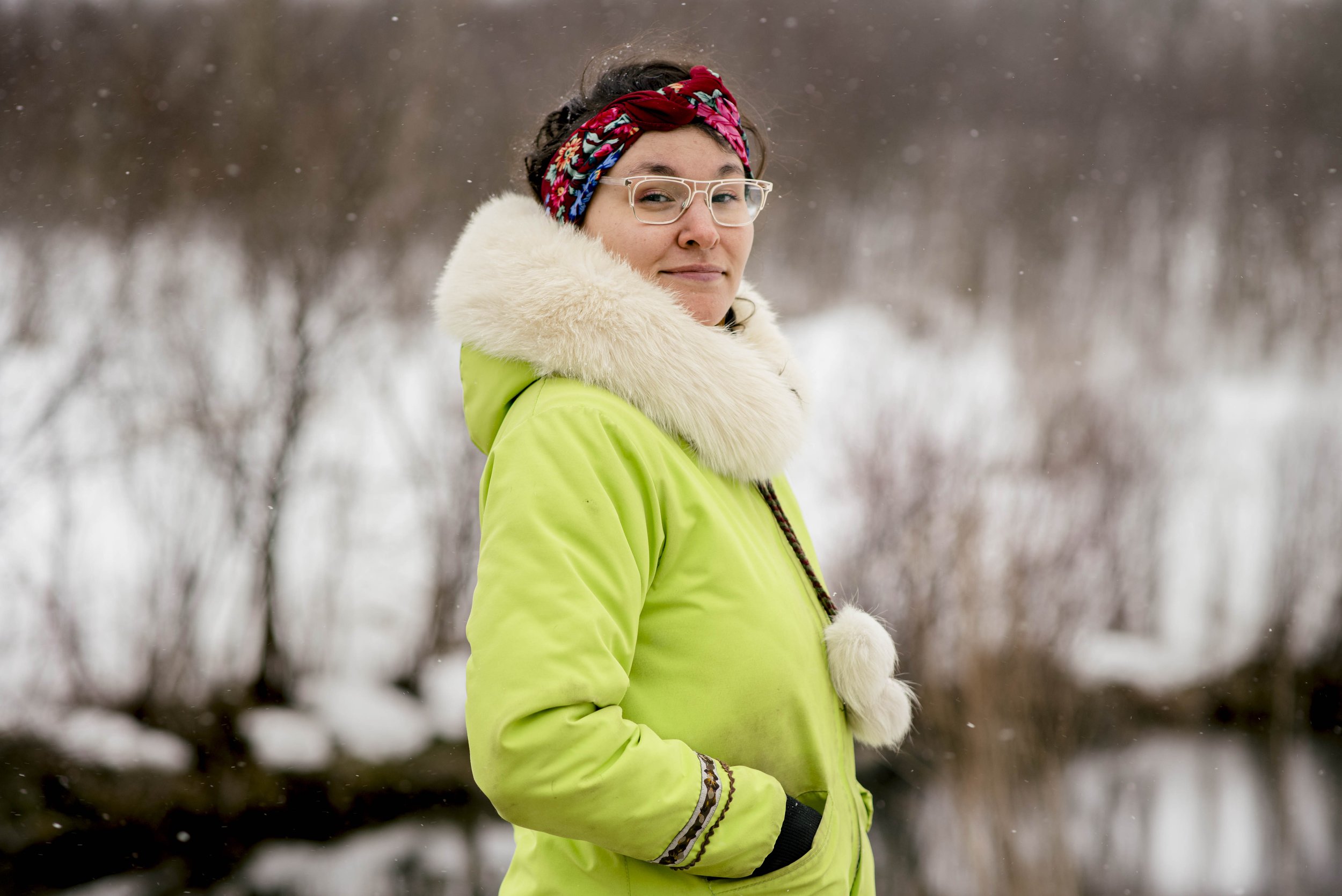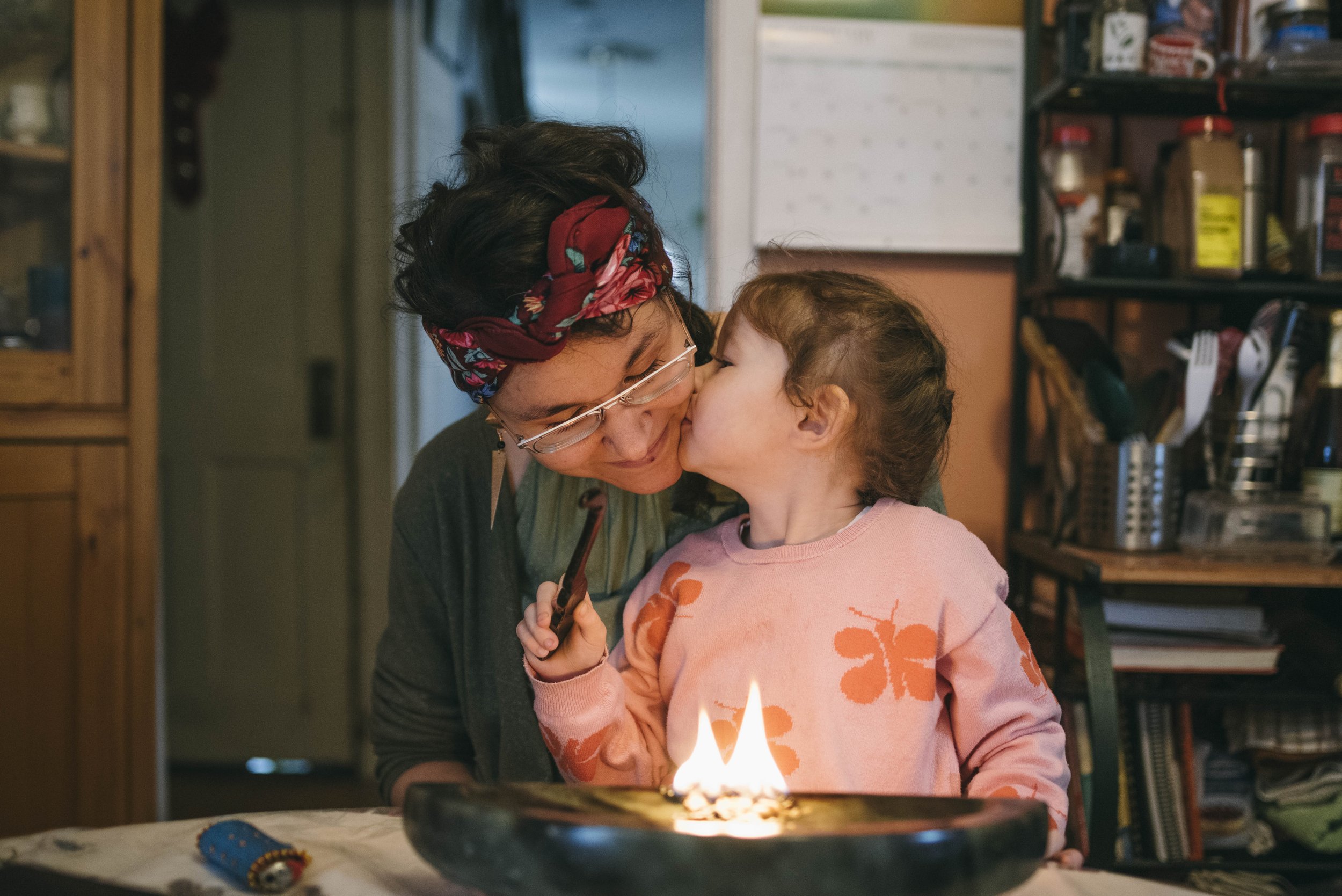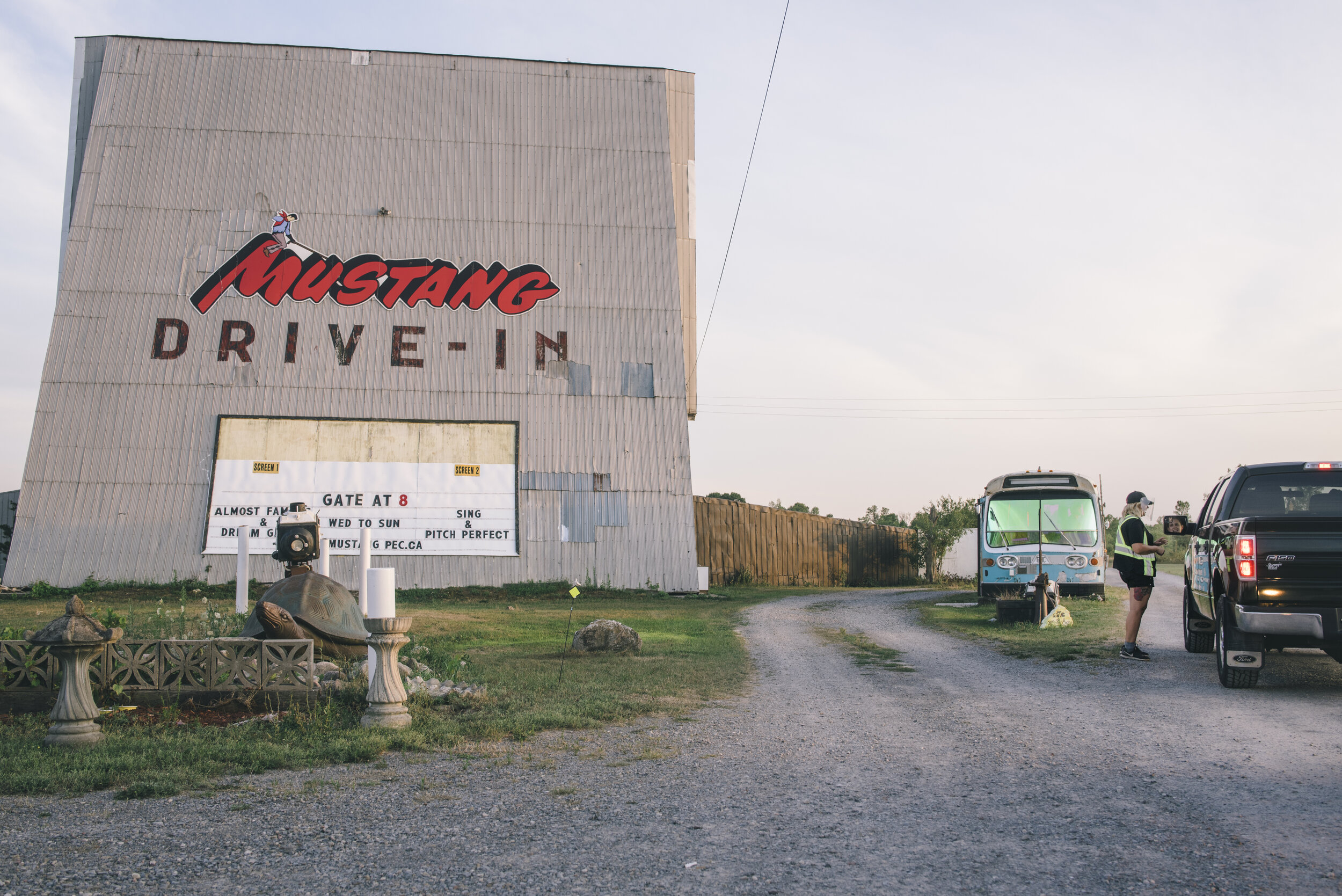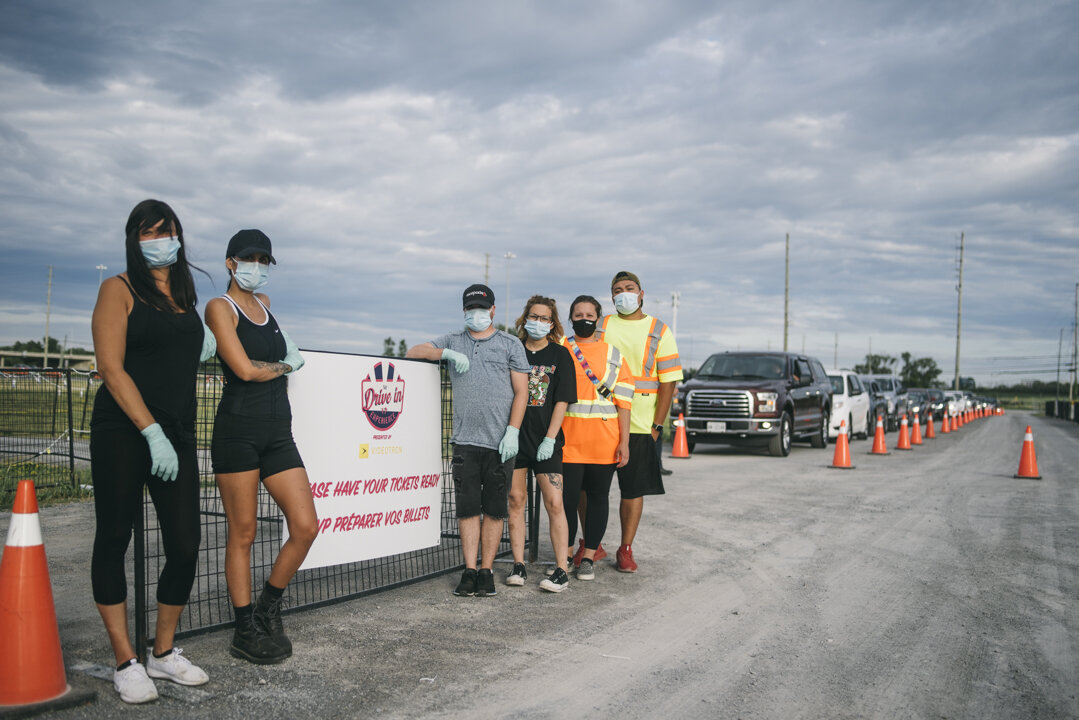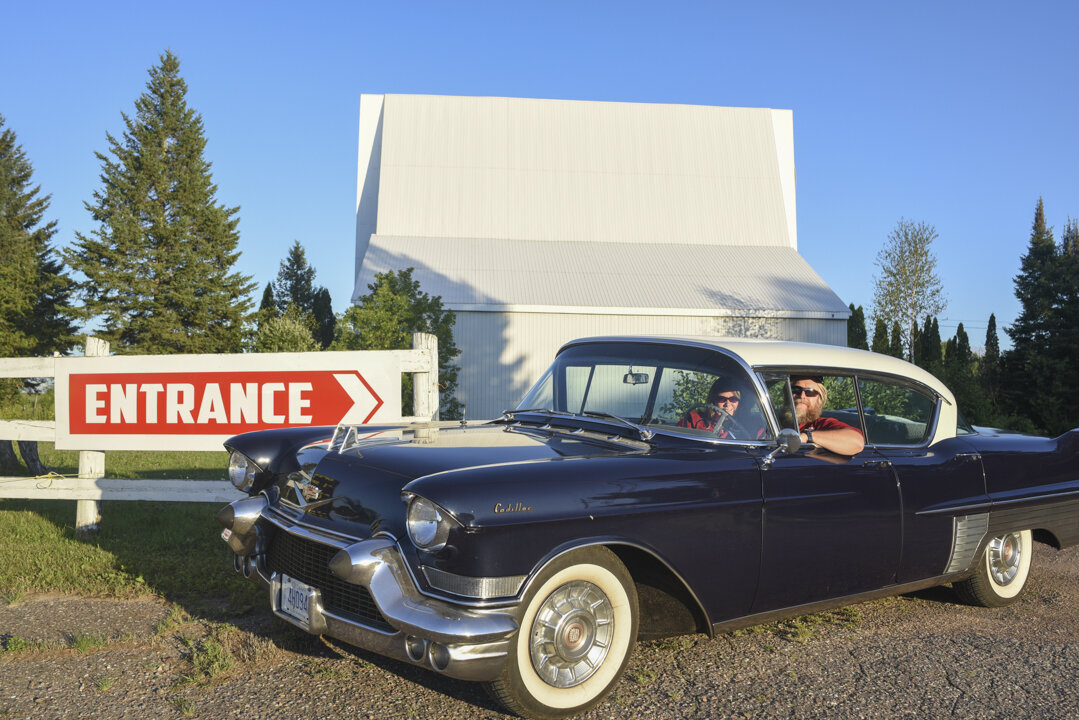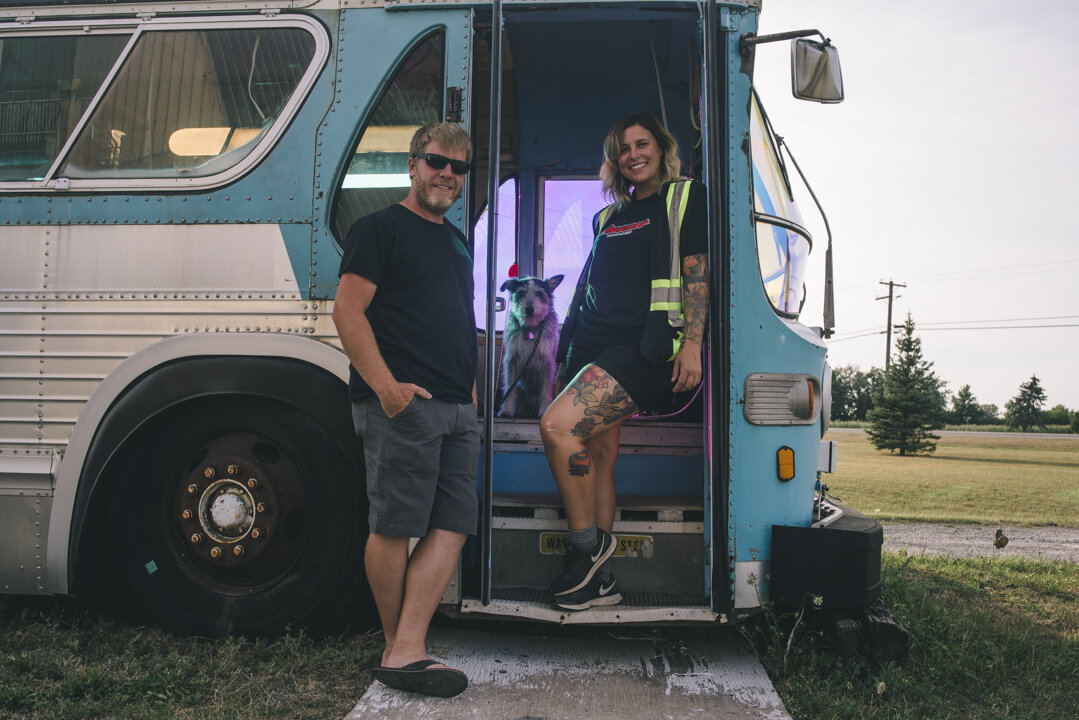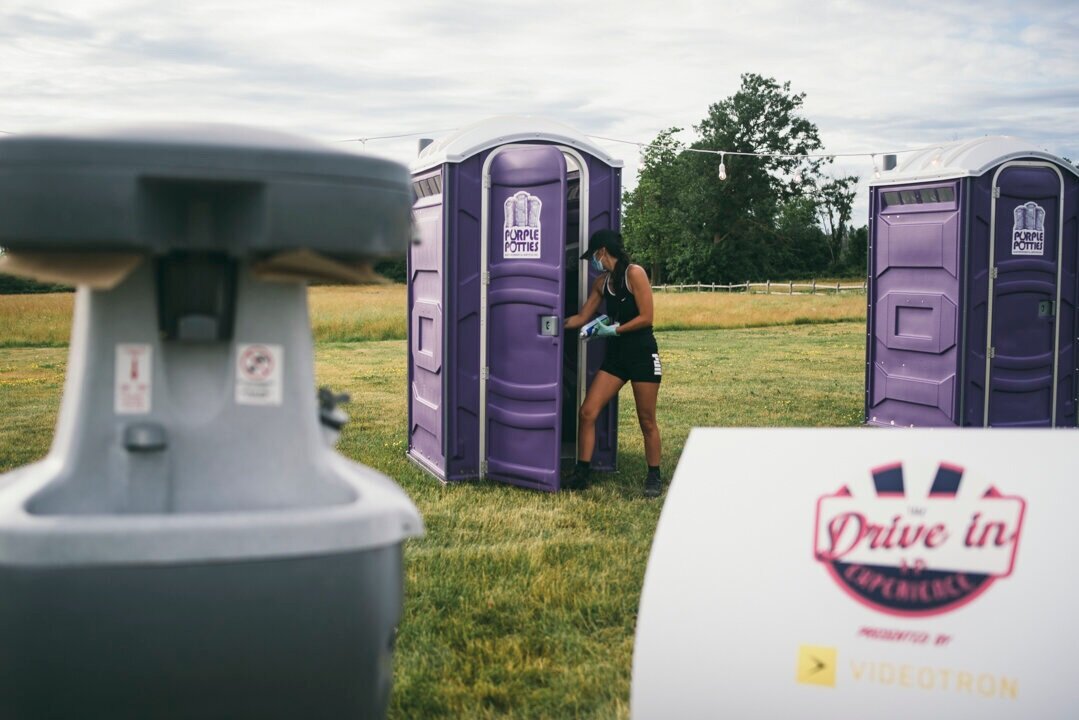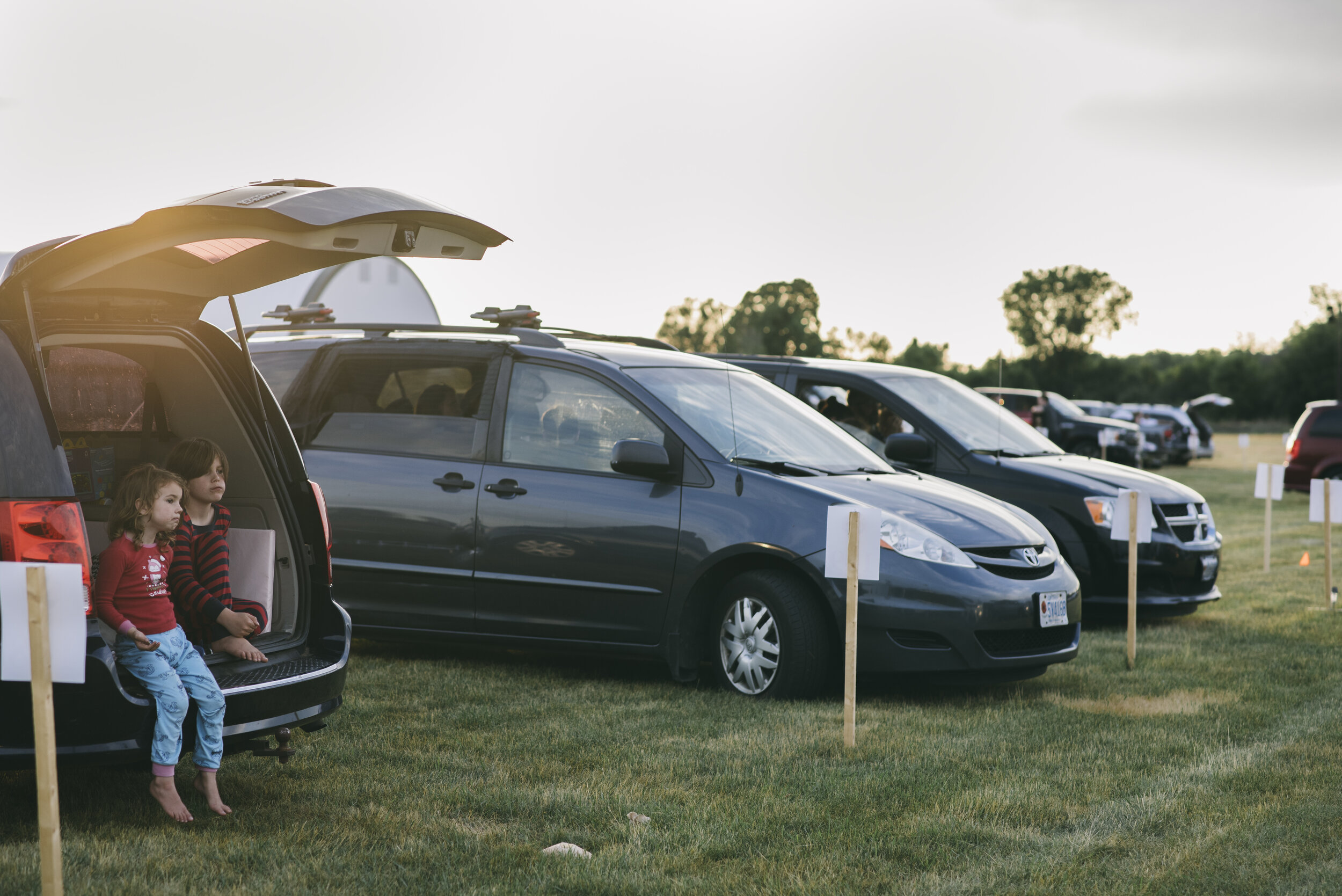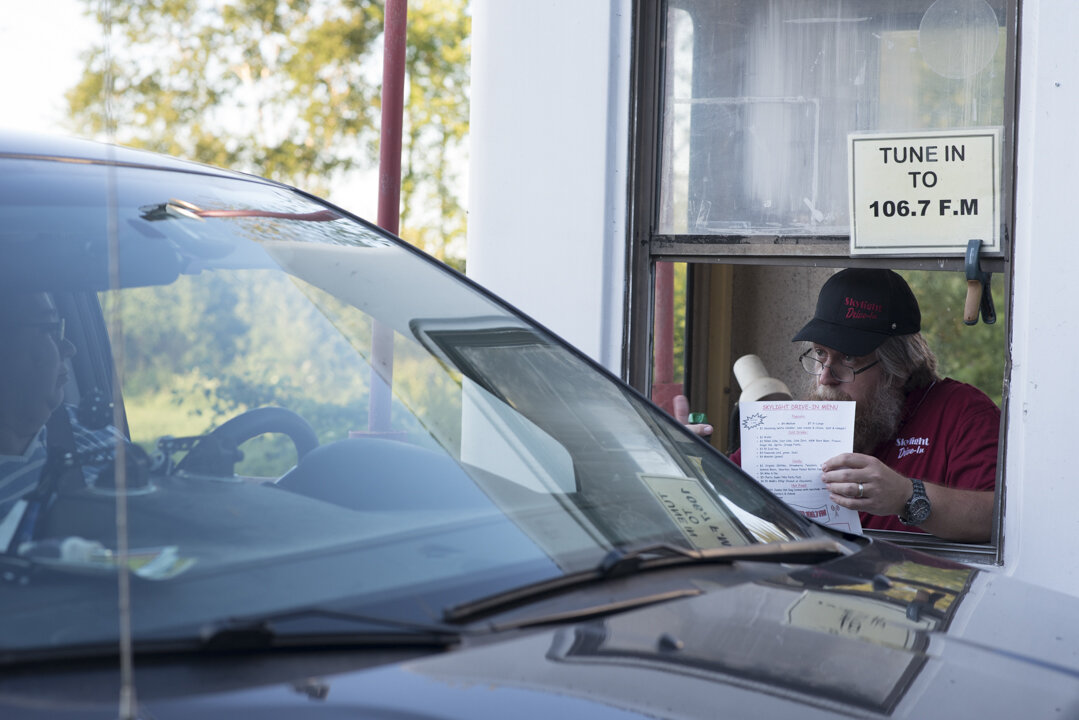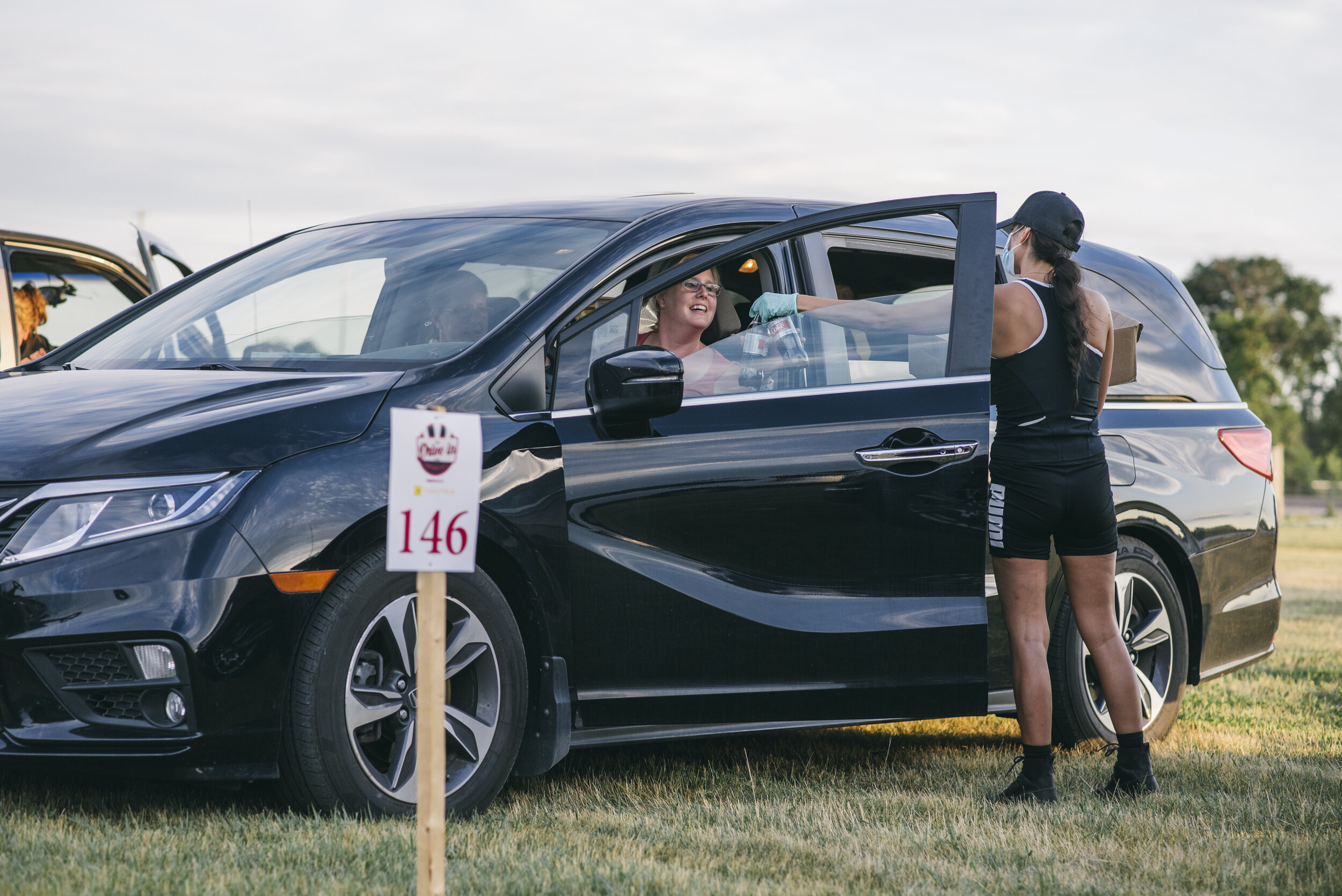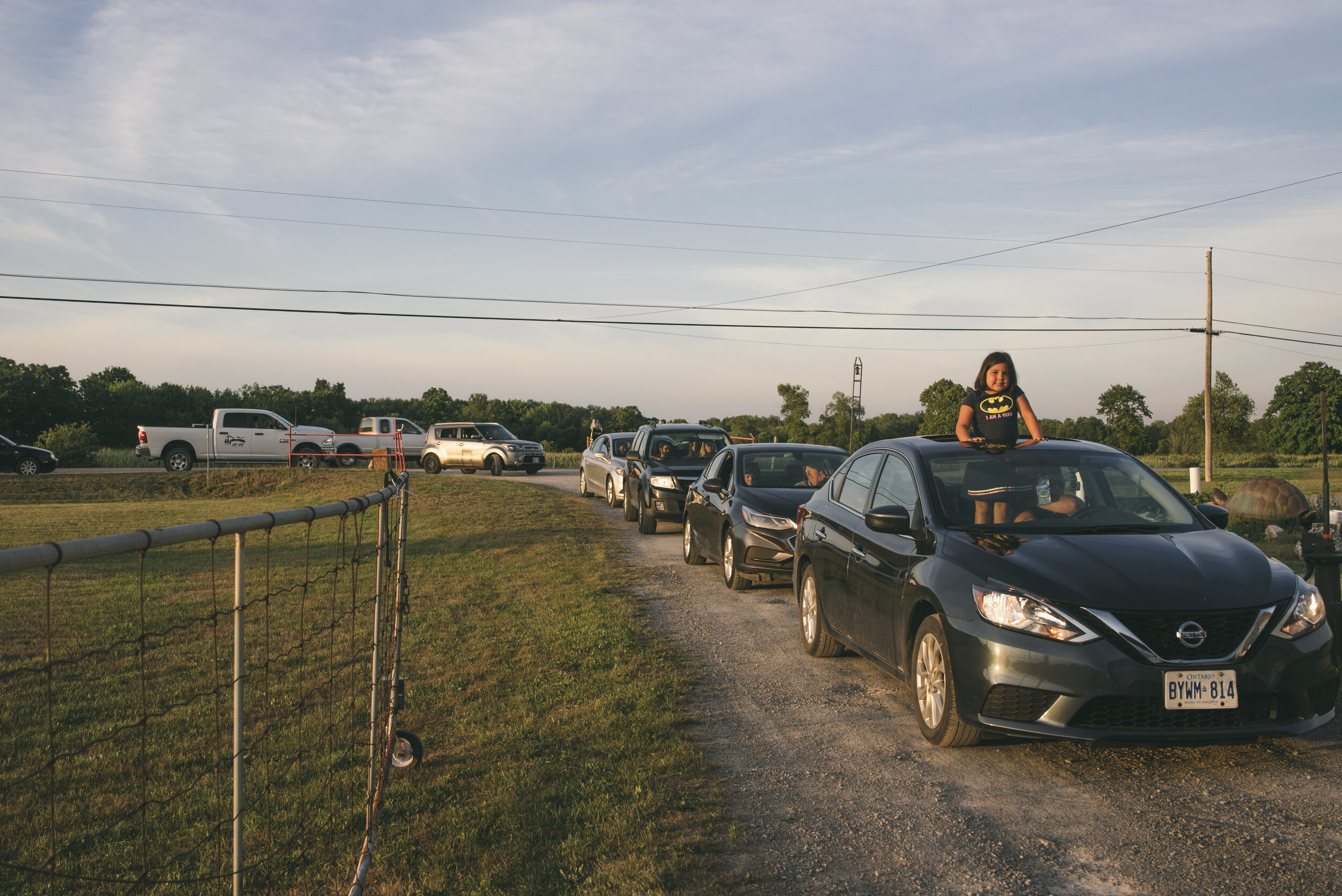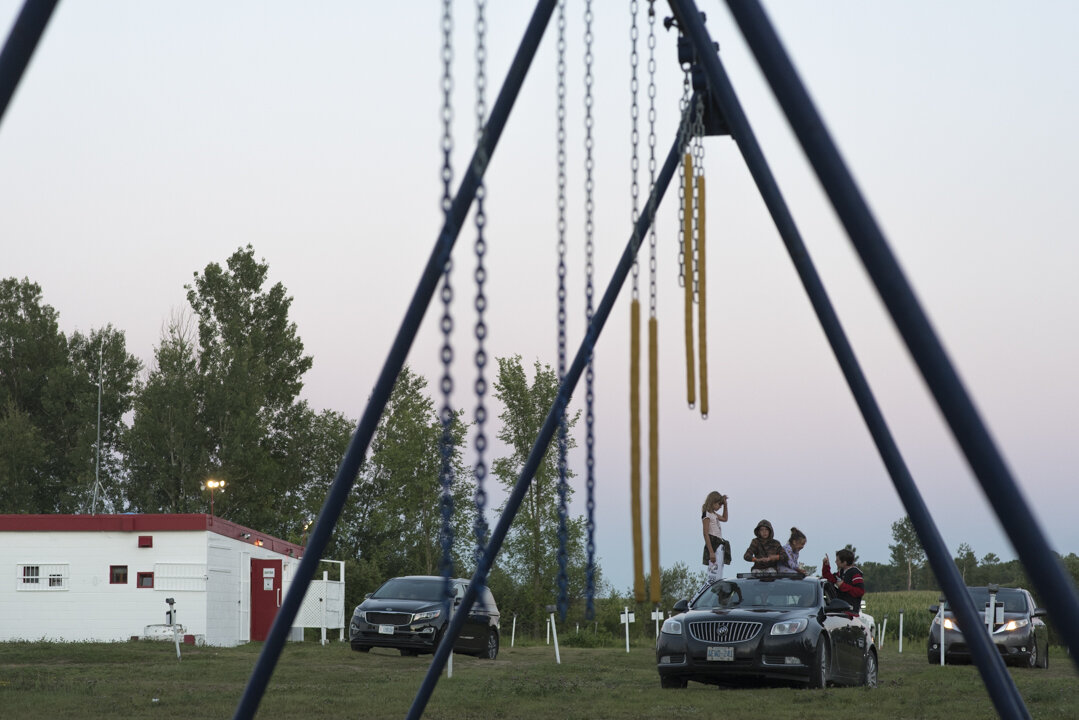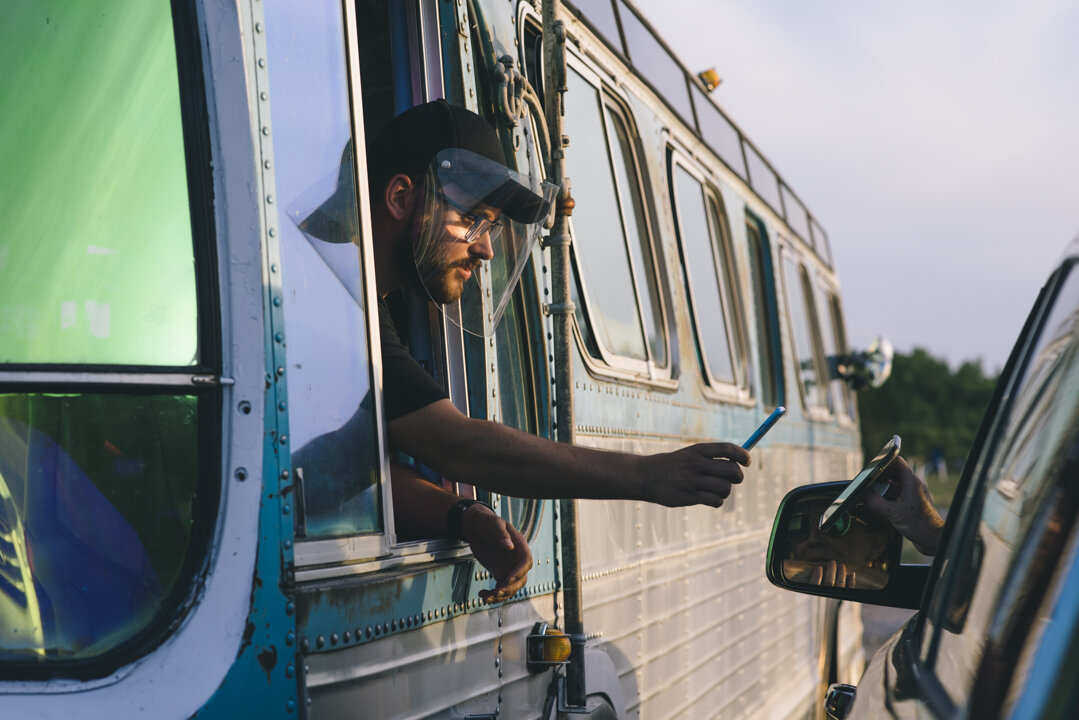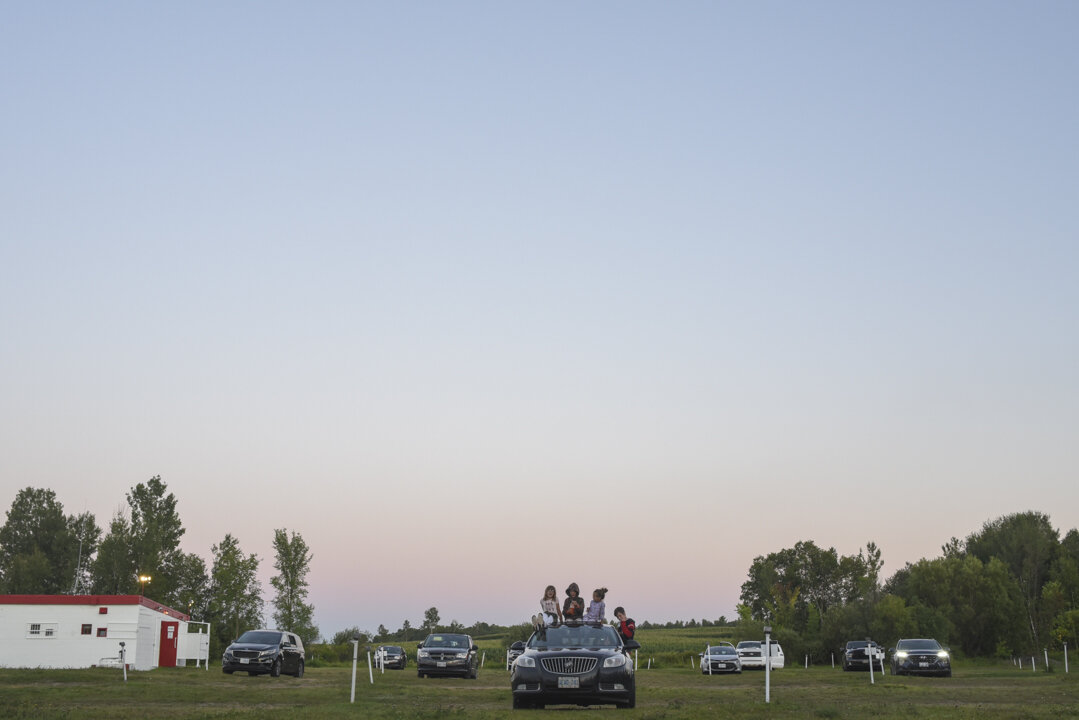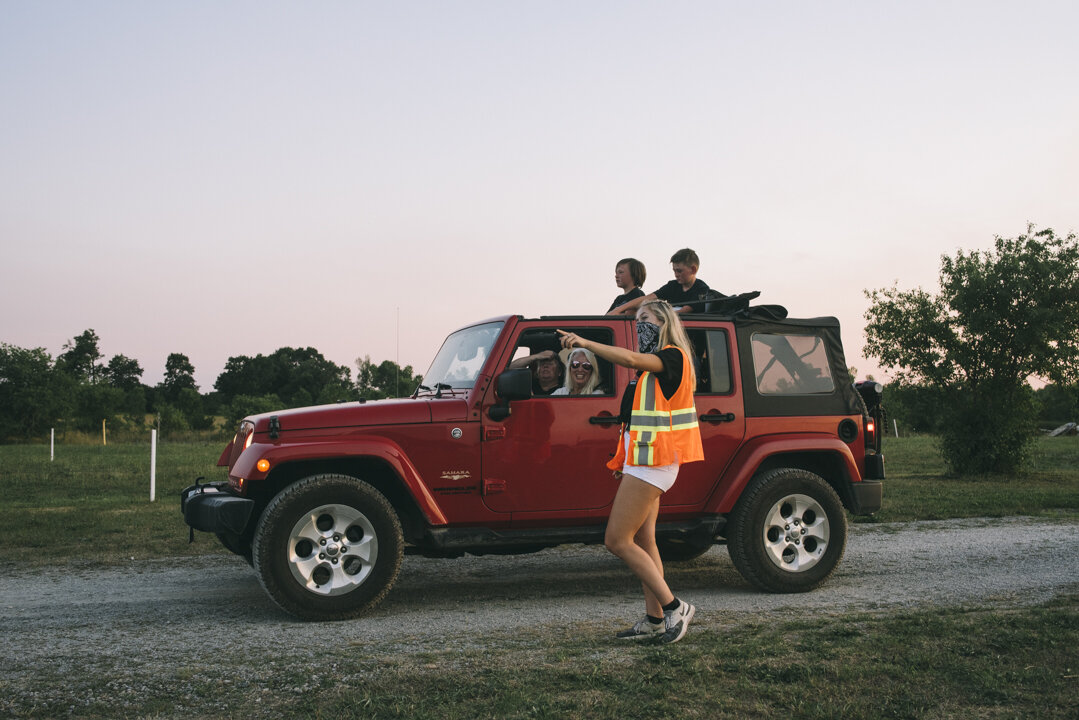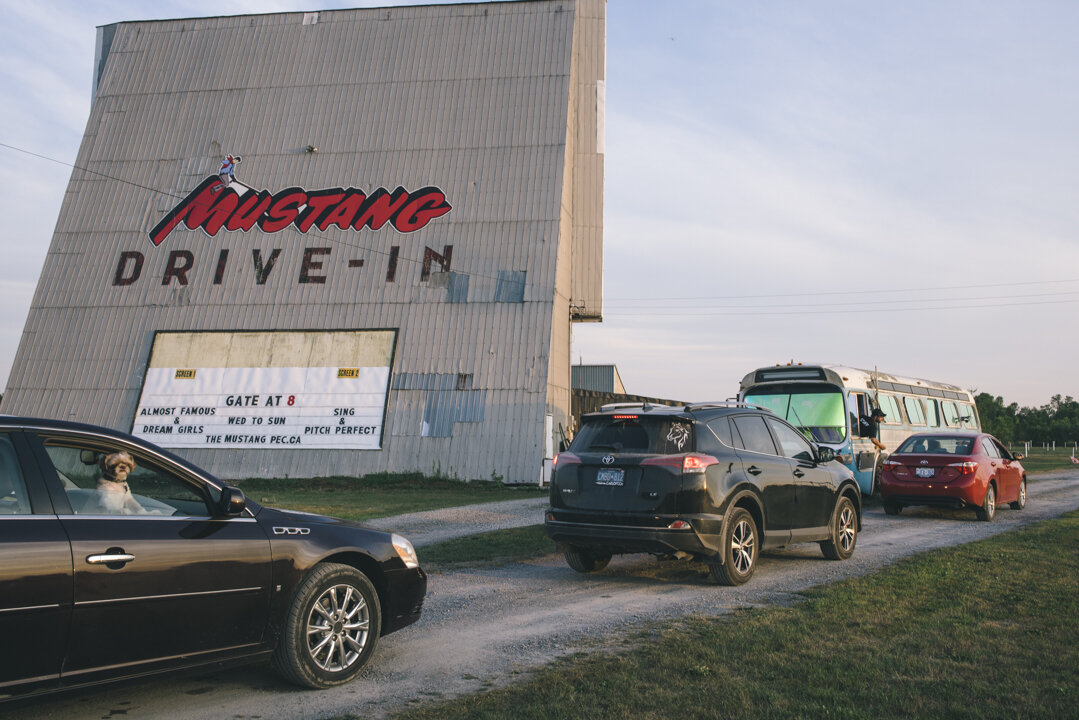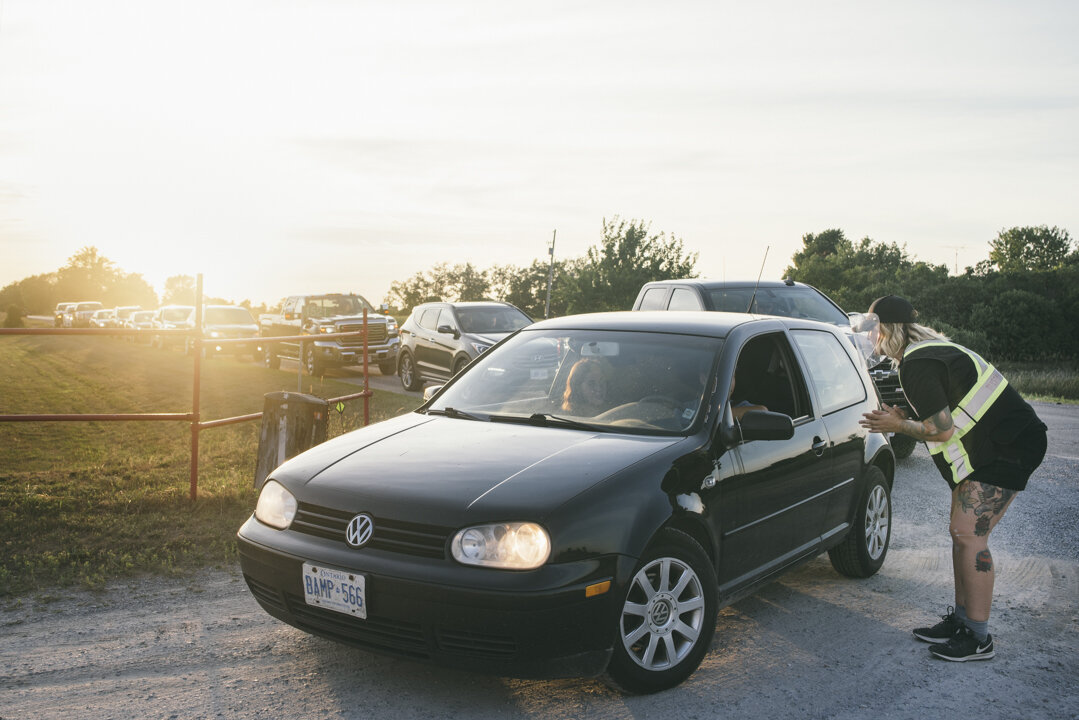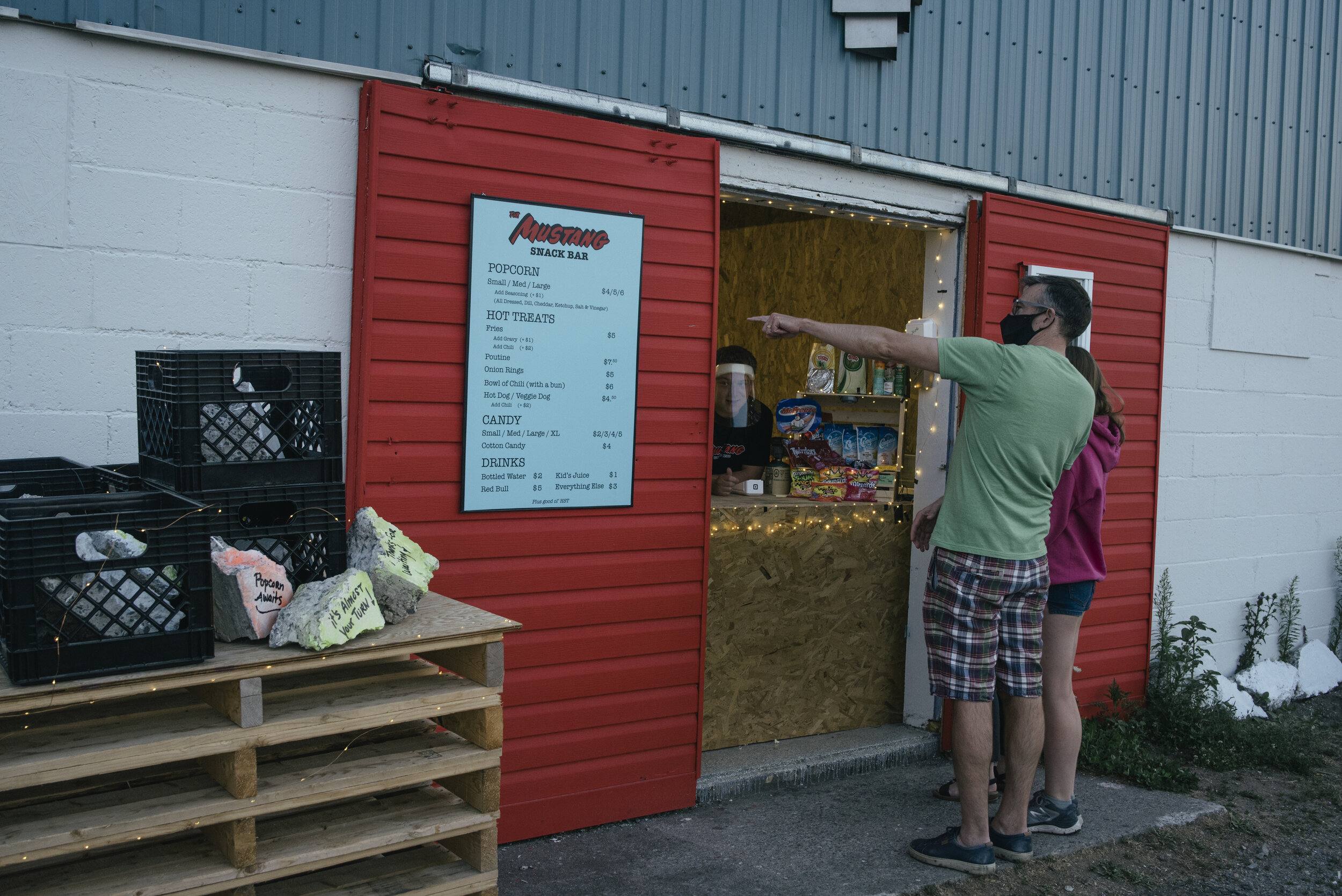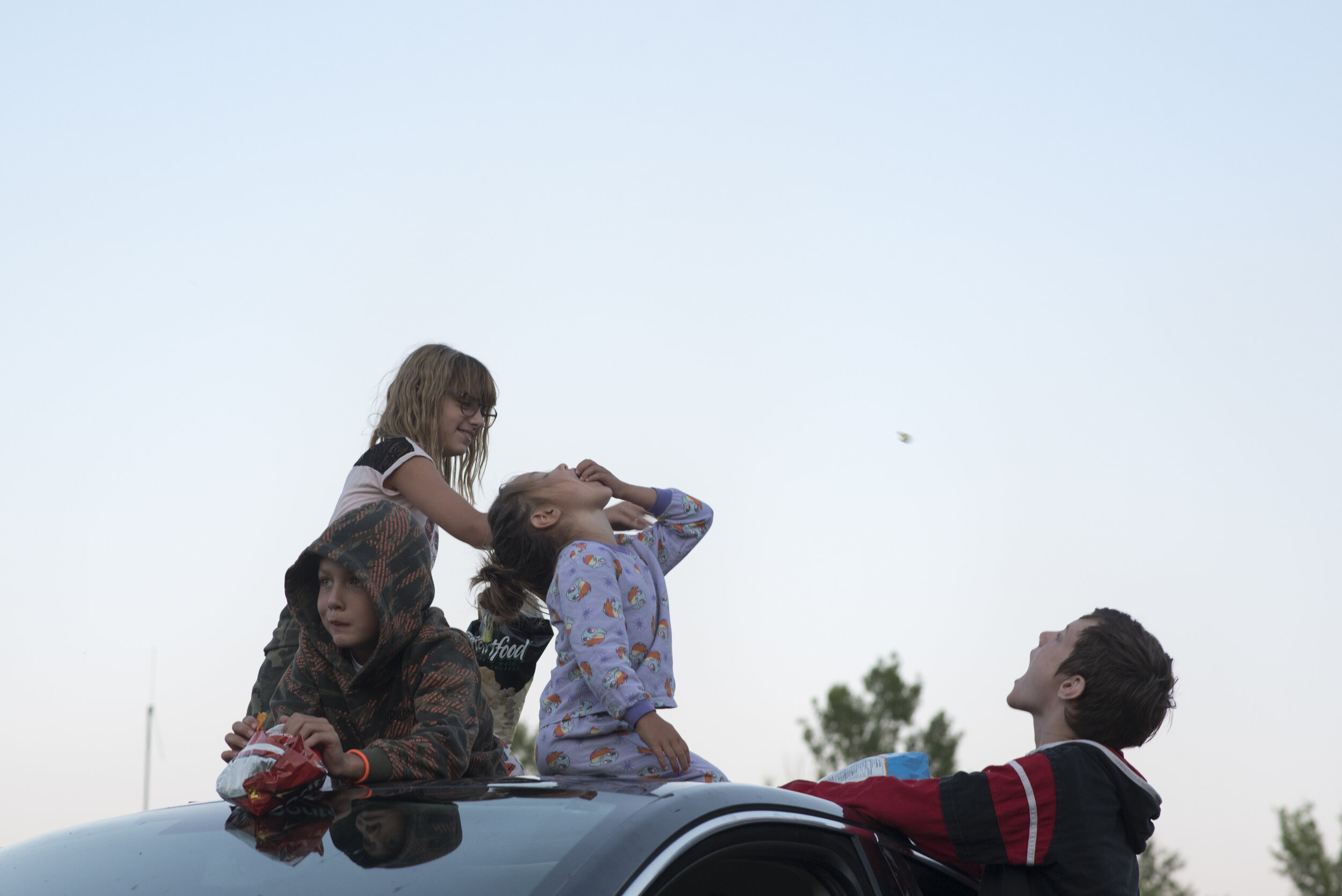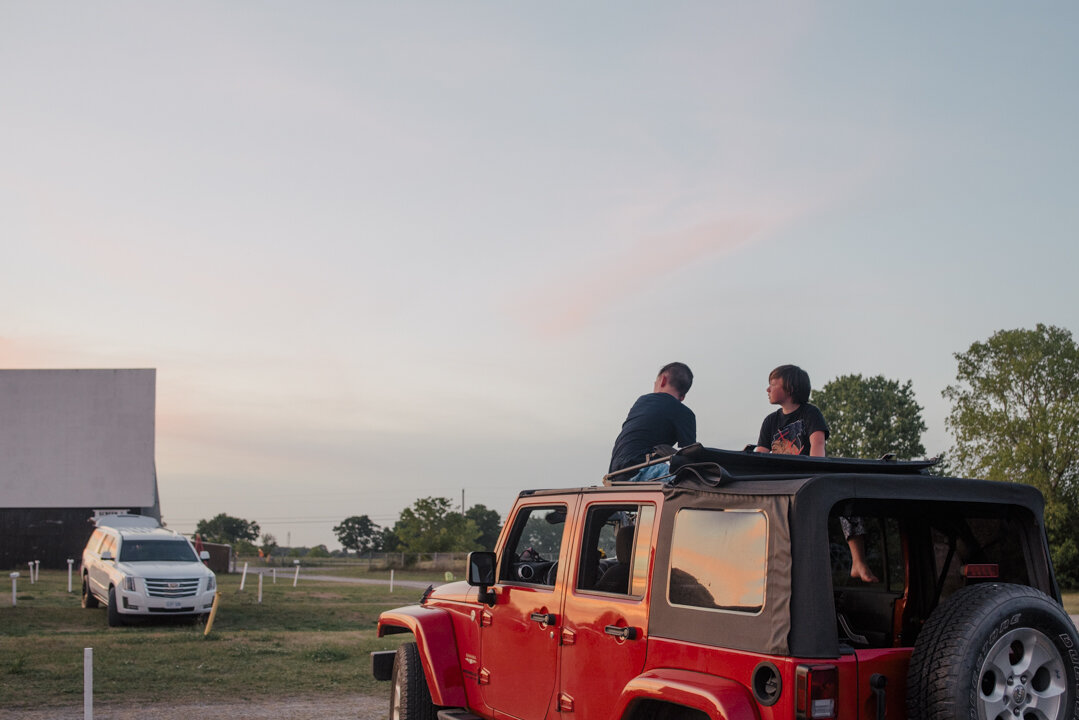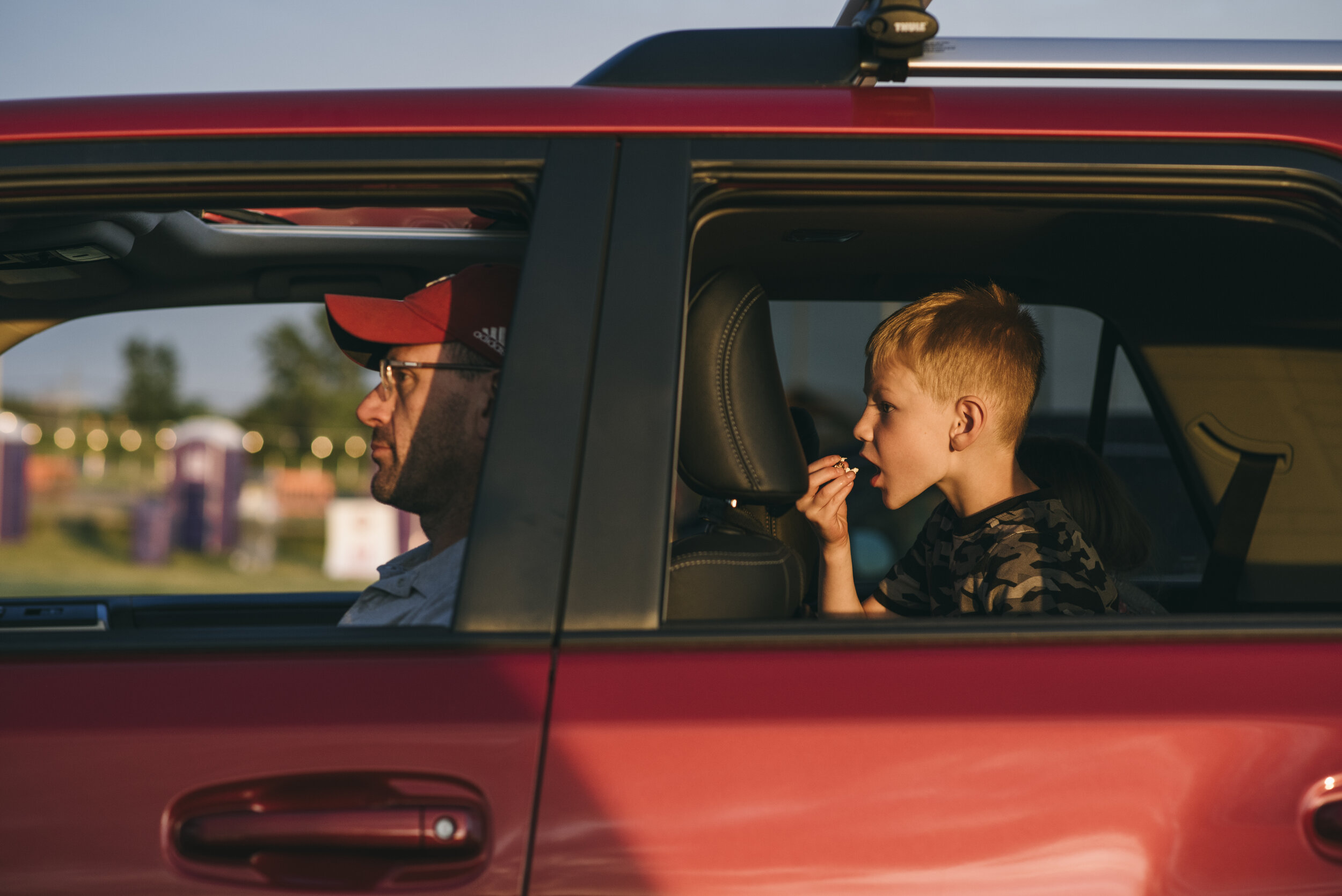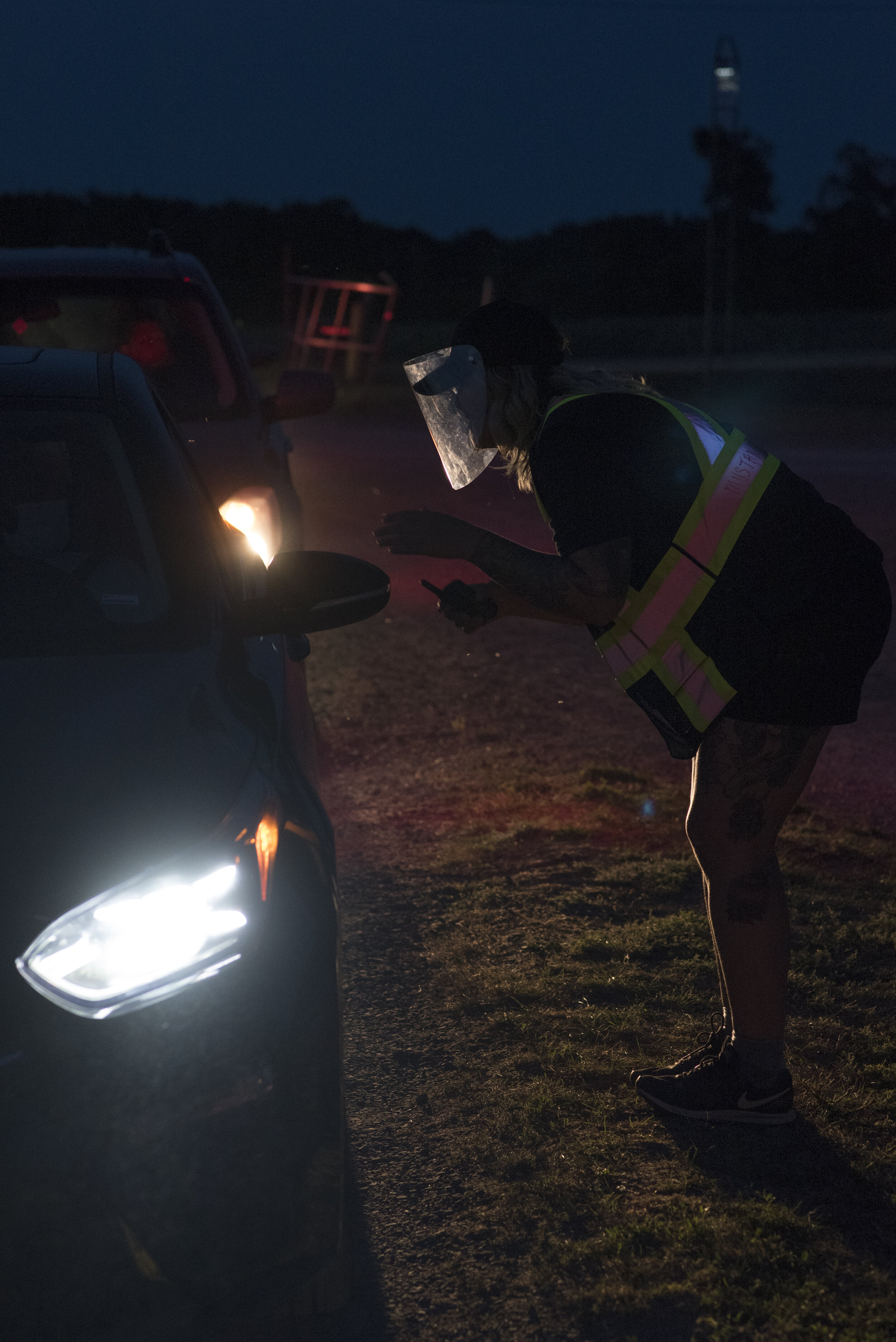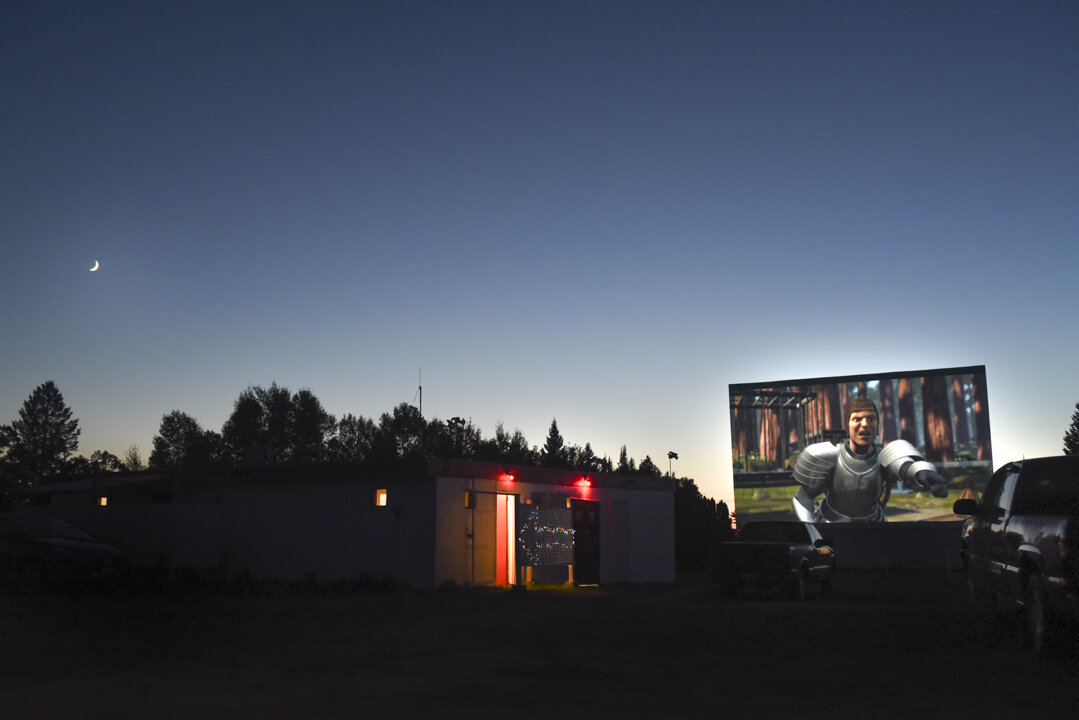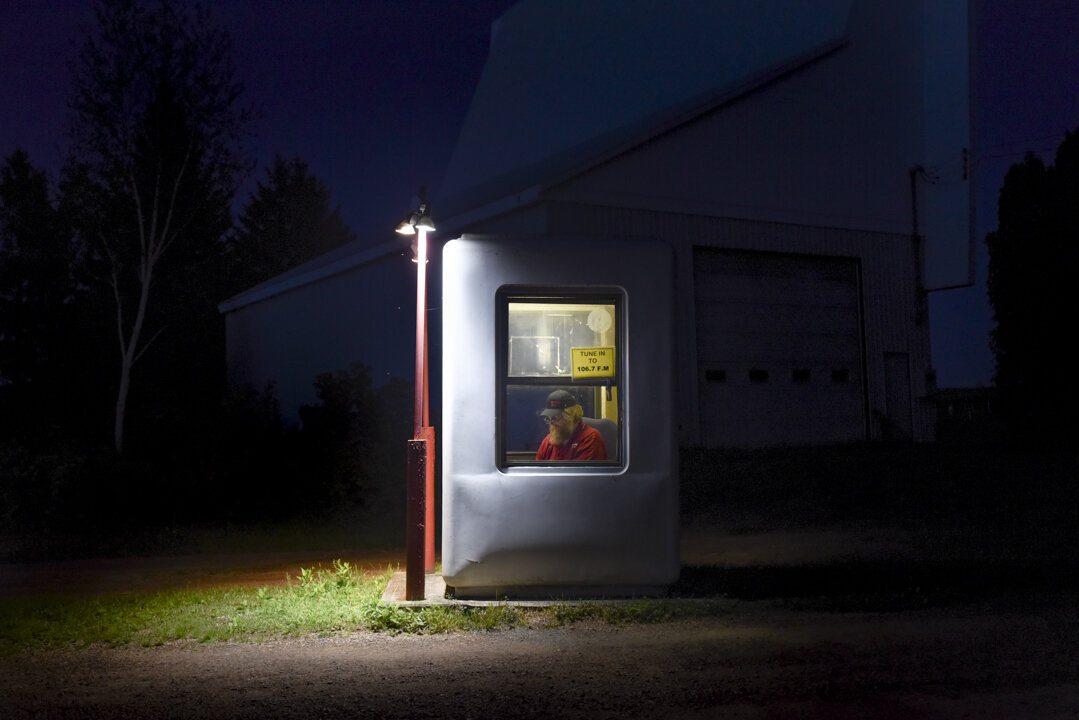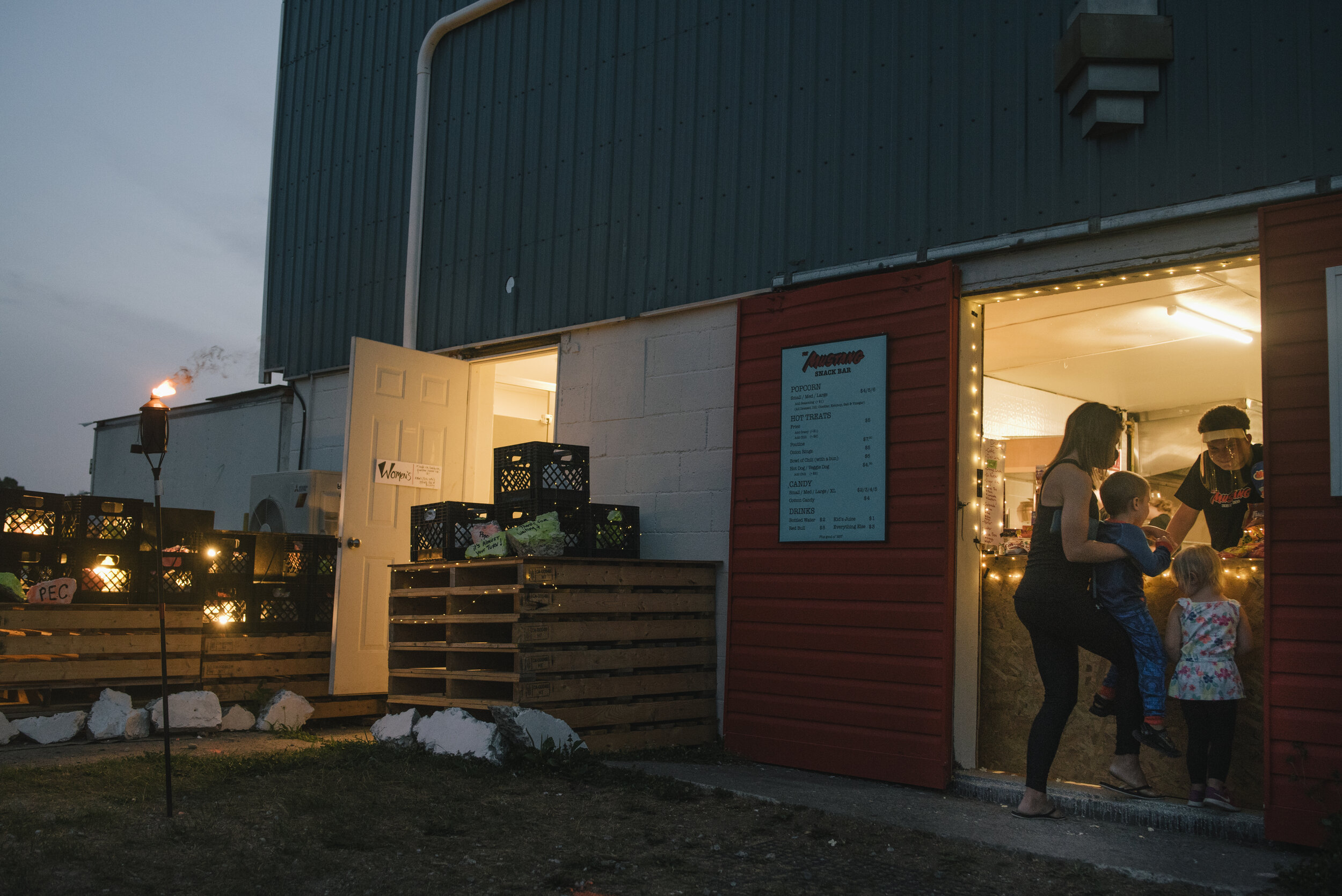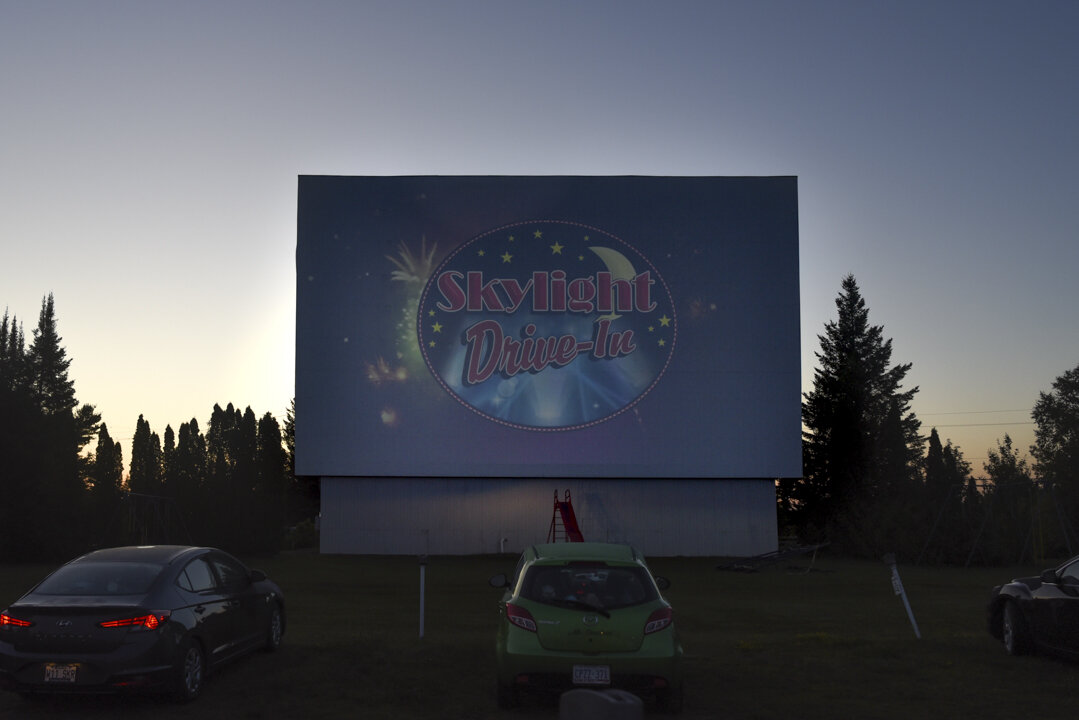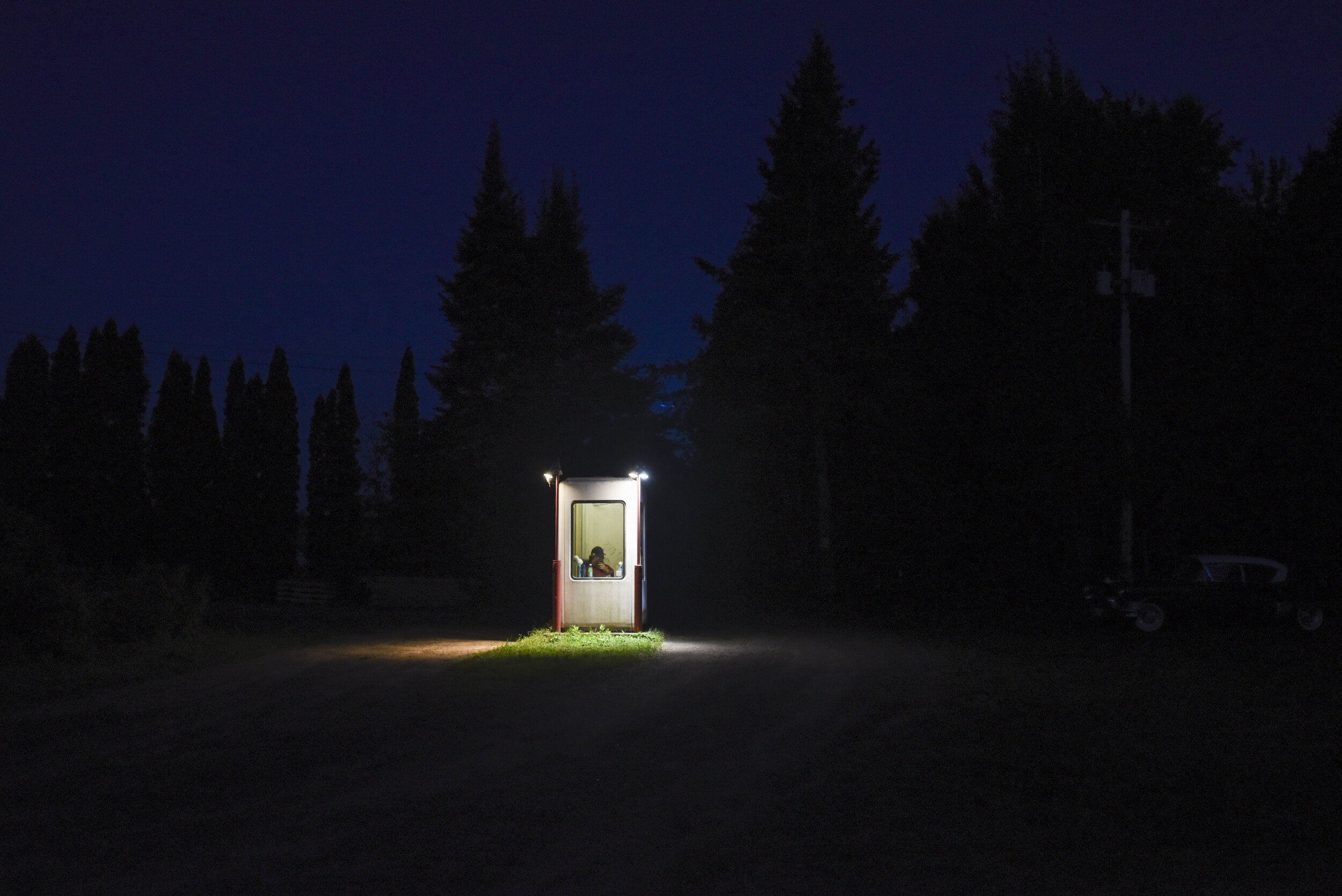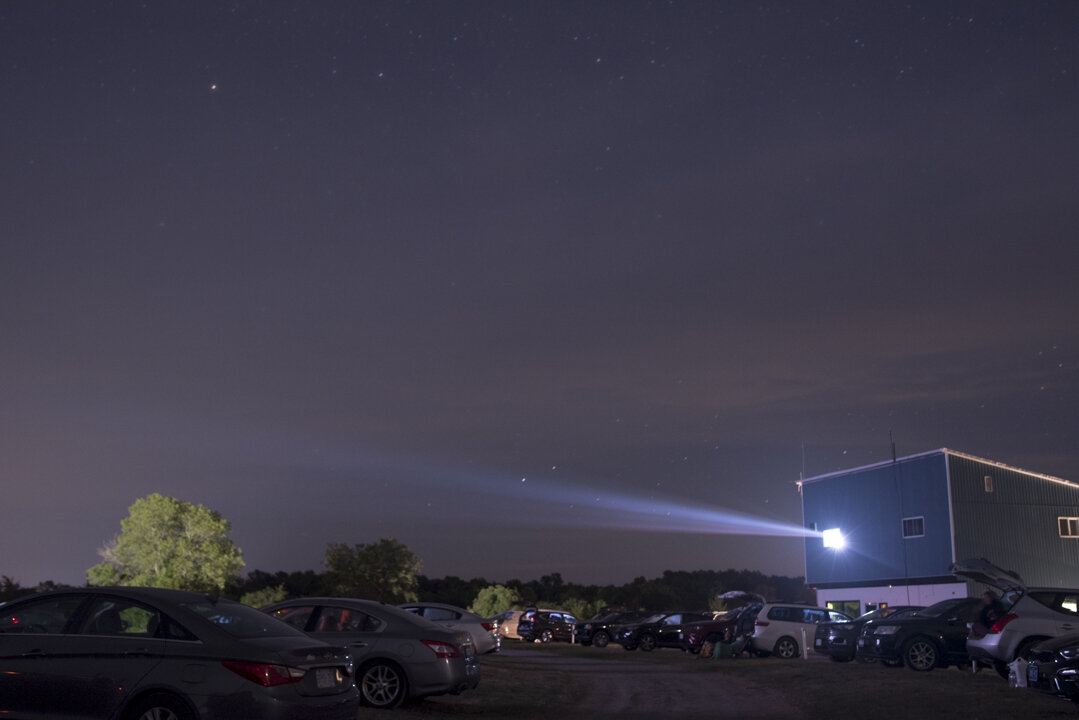Qattuu with her daughter Aleah
writing
‘You belong in this world’: Two-Spirit survivors share their stories
I wanted to wait a little bit to post this as our community continues to grieve. But I do want to share this very important story I had the privilege to work on with four two-spirit residential and day school survivors. We talked about their experiences navigating the world, before, after, and during residential school and where this country has failed and continues to fail two-spirit people.
https://www.tvo.org/article/you-belong-in-this-world-two-spirit-survivors-share-their-stories
The Truth and Reconciliation Commission’s 4,000-page final report does not contain a section dedicated to the specific experiences of Two-Spirit people at residential schools or to the needs of the Two-Spirit community in moving toward reconciliation. In fact, Two-Spirit people are mentioned on only half a page.
“We didn’t know how to cope with life, because we didn’t understand life. The day schools and residential schools, and the Catholic schools, they all taught us the same thing: that it was wrong to be who we were," says Two-Spirit Elder Charlotte Nolin.
“Because of how I grew up, I was so terrified of offending anybody that I chose not to do anything for many, many years,” says Connie Merasty. “But I wish somebody had told me, ‘You belong in this world, you’re a part of this world, you’re a part of creation, and you have every right to be on Earth.’”
The individuals I spoke with were a part of a storytelling project organized by Fierté Canada Pride and led by Jennifer LaFontaine. Over the next three months, there will be a number of screenings of digital stories that were created as a part of the workshops, with the storytellers in attendance. The first screening (link below) will take place on July 22 in a joint presentation with Fierté Canada Pride and the National Centre for Truth and Reconciliation. There will be additional sharing events announced.
Winner of JHR's award for Outstanding work by an Indigenous Youth Reporter
About two months ago I shared that I was shortlisted for a journalism award for a piece I wrote on families passing down their Indigenous languages. On May 19, I found out that my piece was chosen and Tanya Talaga presented this award and honour to me at a virtual awards ceremony (the most amazing honour).
https://jhr.ca/jhr-announces-winner-of-2021-indigenous-youth-reporter-award
Now, more than ever, about how powerful our languages are and what important work it is learning and re-learning our native tongues.
I truly believe our languages are the antidote to colonialism.
I want to again share my gratitude to all of the families who shared their stories with me for this piece: Rochelle Allan, Marsha Ireland, and Karen Mosko. And to the translators who helped this piece get published in four Indigenous languages: Ian McCallum & Karen Mosko, Debbie Parliament & Marsha Ireland, Mina Beauvais & Heidi Nicholas, Jason Jones & Shirley Andy. As well as the beautiful illustration by Tehatsistahawi Kennedy - Nyawen'kó:wa to all of you and to everyone reading this for your continued support of my work.
You can read the language story here: https://www.tvo.org/.../for-our-children-how-families-are...
You can also read the two other nominees outstanding work here:
"A story of resilience: Decision to take son off of life support still haunts Membertou First Nation father" by Oscar Baker
https://www.saltwire.com/.../a-story-of-resilience.../
&
"How can you reconcile on stolen land?" by Chezney Martin
Shortlisted for JHR's second annual award for "Outstanding Work by an Indigenous Youth Reporter"
Today, on National Indigenous Languages Day, I am happy to share that a very special piece I wrote last year, about language transmission through generations, has been shortlisted for a JHR Indigenous reporting award.
Here's the link to read the story: https://www.tvo.org/article/for-our-children-how-families-are-passing-down-indigenous-languages
This piece was dear to my heart because of my own language learning journey. I wanted to show that these journeys do not all fall neatly into the framework of 'resiliency' that the media would have you believe - it's tough, like really tough. Canada has banked on the resiliency of Indigenous people and communities to assuage them of guilt for too long. I don't want to tell neat stories. I want to tell messy, real stories about messy, real people, like myself.
I am so grateful to all of the families who shared their stories with me for this piece: Rochelle Allan, Marsha Ireland, and Karen Mosko. And to the translators who helped this piece get published in four Indigenous languages: Ian McCallum, Debbie Parliament, Mina Beauvais, Jason Jones, and Shirley Andy. As well as the beautiful illustration by Tehatsistahawi Kennedy - Nyawen'kó:wa!
Summer at the drive in during COVID-19
You’re driving along winding country roads in a car full of your best friends. The windows are down; you’re blasting the radio. Or you’re at the wheel, and your excited children are in the back seat ready to fall asleep with their teddy bears — though they’re adamant that they can stay up all night. Or you’re 16 years old, you’ve just got your driver’s licence. Your high-school crush is riding shotgun, and there’s nervous energy in the air. You pull into a field surrounded by the golden rays of a summer sunset, park your car in front of the big screen, and tune your radio to the right station, anxiously waiting for the sun to go down so the movie can start.
If you grew up in rural Ontario, chances are you remember summer nights at your local drive-in theatre. When COVID-19 closed indoor theatres across the province on March 17, drive-ins seemed like a ready-made alternative, perfect for social distancing. “Everybody kept contacting us on Facebook and email and phoning and saying, ‘Well, you should be able to open because of course we're sitting in the car, and we won't get out,’” says Kevin Marshall, who has owned the Skylight Drive-In in Pembroke with his wife, Kathy, since 2014. “It seemed to me that, under the provincial regulations, a drive-in really was the best and safest way to go, and I figured that the government would get to that point, too.”
To read the full story, visit TVO.org
Happy National Indigenous Peoples day (and summer solstice and fathers day)!
I spoke with nine amazing Indigenous folks from across Ontario to find out what Indigenous Peoples Day means to them:
"To be born Indigenous is a political act in itself. Each Indigenous individual comes from a lineage of resilience in the face of assimilative tactics that still continue to this day. Any Indigenous person can tell you the systematic discrimination and racism they have experienced — it’s maddening. On the other hand, every day is Indigenous Peoples Day when we continue to learn and use our language when we continue to grow our gardens and medicines, when we continue to heal from the trauma that we have suffered for generations, and when we continue to pass on our traditions to the next generation to ensure the resurgence of Indigenous culture and language.” - Victoria E. Ransom
Read the full article on TVO
Shelby Lisk shortlisted for Room Magazine's 2019 Poetry Contest
The 2019 poetry shortlist is here. Congrats to the nine poets whose submissions were selected by our esteemed judge, Pamela Mordecai!
Room's 2019 Poetry Contest: The Shortlist
“Courage” by Katie Hoogendam
“Dead spider frozen in ice are you dead.” by Kari Teicher
“The Giraffe-bone Knife Set” by Kate Rogers
“Knowing” by Shelby Lisk
“Narvaez Bay at Dusk” by Jan Fraser-Hevlin
“Progress” by Sara de Waal
“Saweyimikowisiwin / Cree ; the act of being favoured by the spirits” by Ashleigh Giffen
“the tea set” by Josephine LoRe
“Weaponry of Wives” by Callista Markotich
If you are curious to know which shortlisted poems are ultimately selected by our judge as the top three submissions, stay in touch; announcement will be made next week. While you're here, check out our 2019 Short Forms Contest which is closing later this month.
https://roommagazine.com/blog/poetry-contest-2019-shortlist
